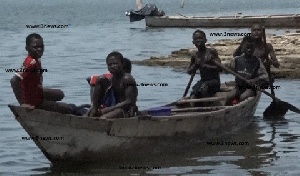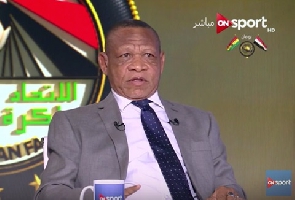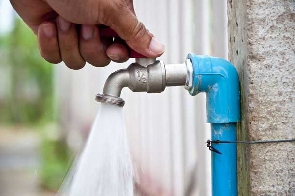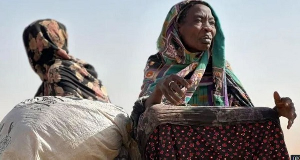The Founder of Global Rescue Project, Leah Stenzel, says Ghana’s achievement in the fight against child labour is unacceptably low.
The leader of the American volunteer group told 3news.com that poverty, excessive lip service and lack of political will are to blame for the slow pace of progress in the global fight.
Under target 8.7 of the United Nation’s Sustainable Development Goals 2030, all forms of child labour are to be eliminated in the world by 2025.
This target can only be attained if no child is left behind no matter how difficult and challenging the circumstances.
The goals may seem further for Ghana where thousands of children are trapped in hazardous works on the Volta Lake, for instance.
The Global Slavery Index Survey, 2016, indicated that 21,000 children are forced to work in the fishing industry on the Volta Lake.
These children, some as young as four years, engage in hazardous works under savage conditions in long hours and suffer malnutrition.
According to Ms Stenzel, child labour on the Volta Lake is not going to see any end soon because the factors that promote it are not being addressed.
She said so long as people have needs, children would continue to be exploited by the people in all forms to satisfy those needs.
The encounter
On Thursday, June 8, 3news.com caught up with David, now 21, together with Felix near Bakpakope in the Sene East District of the Brong Ahafo Region.
David tells 3news.com that he has been fishing since his infancy and could not remember the exact age at which he started going fishing.
He is now a master of his own and leads the two younger siblings, Felix, 11, and Godfred, 13. Godfred dropped out of school at age seven. For five years, he has been on the lake fishing.
Just like David, Godfred and Felix have lives dependent on the lake Volta, which has invariably become their future.
3news.com met an all-children crew, aged between five and 13, just about leaving for a second fishing expedition earlier around 11.00am Wednesday, June 7 at Oparama, another island community in the Sene East District.
Out of about nine children, only two claimed they attend school but share their school hours with fishing duties.
The rest confirmed they are not in school. Others said they are fishing to raise money for the upkeep of their siblings that are in school.
These are scenarios the Founder of Global Rescue Project had encountered umpteen times.
She has been on the lake for the past five years, campaigning and rescuing child labours. Ms Stenzel fears these children will grow up to become slave masters themselves depending on other children to sustain their livelihood.
This she thinks would keep the vicious cycle of child trafficking, child labour and illiterate society of less productive people.
The problem.
In the estimation of Leah Stenzel, poverty, ignorance, lack of education and wants are factors among the island dwellers that needed urgent attention.
She blamed politicians and state institution for failing the people and pushing them against the wish of their souls.
On his part, the Executive Director of Partners in Community Development (PACODEP) was devastated efforts at ending child labour, child trafficking and exploitations still persist on the lake.
He challenged parents to desist from using their wards in fishing as it is only a means to an end. Ghana was one of the pioneer states to have rectified the International Labour Organization’s Minimum Age Convention, 1973, and the worst forms of Child Labour Convention,1999.
The international community is paying more attention to this challenge, but more needs to be done.
Until the traffickers, slave masters and parents who give out their wards are brought to justice, thousands of children will continue to risk their lives on Volta Lake each day.
Every minute, children are being robbed off their childhood, a promising future and sometimes their lives. The time to act is now.
General News of Tuesday, 13 June 2017
Source: 3news.com













